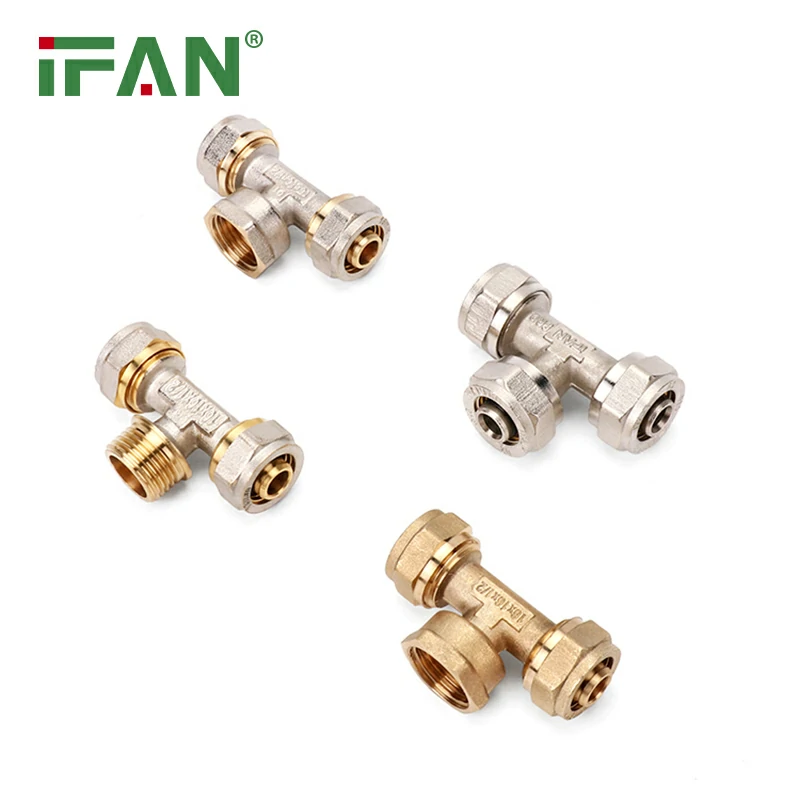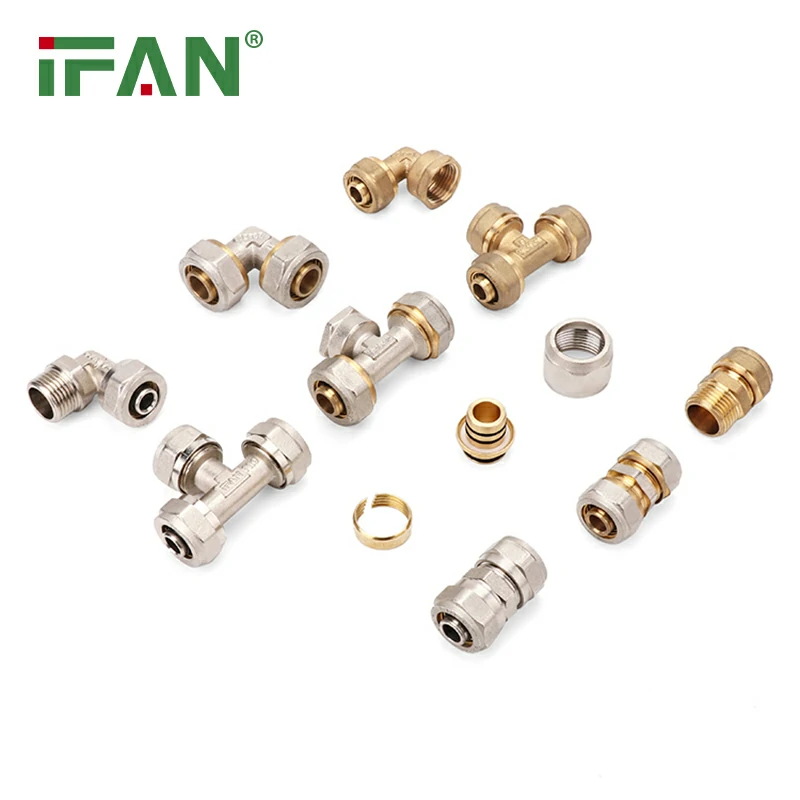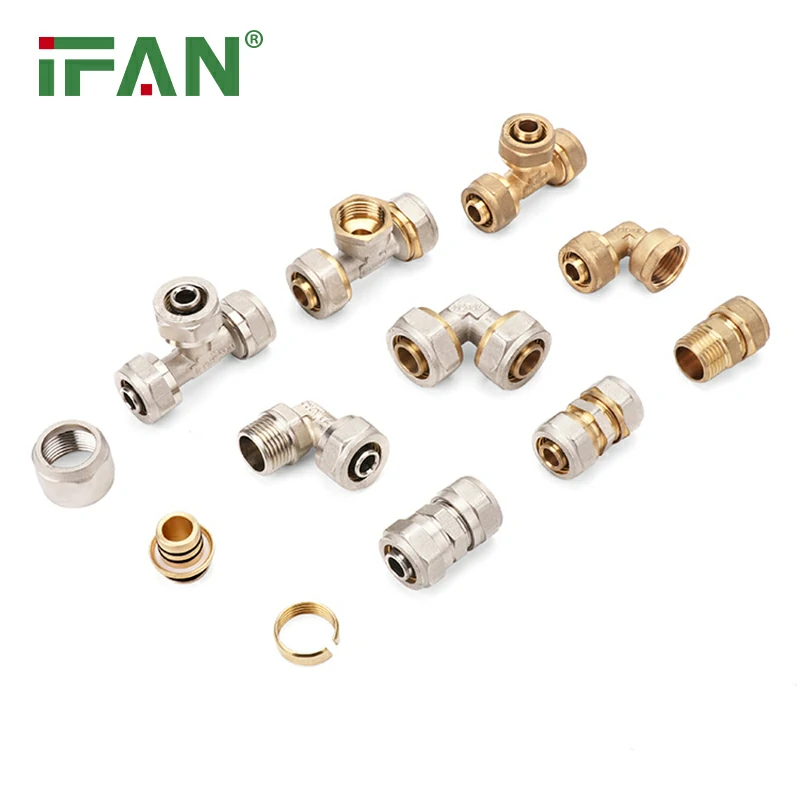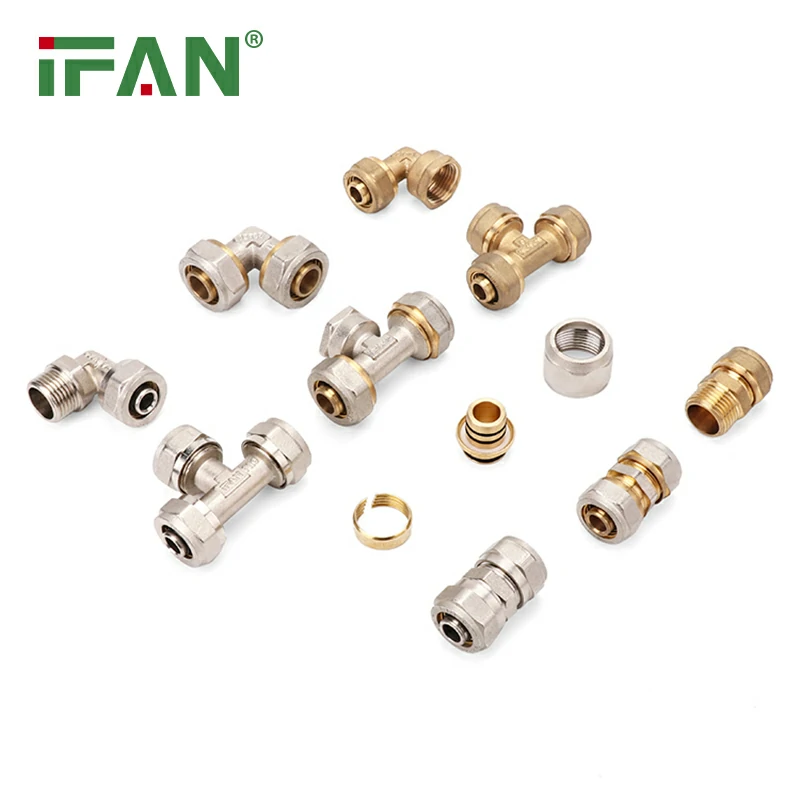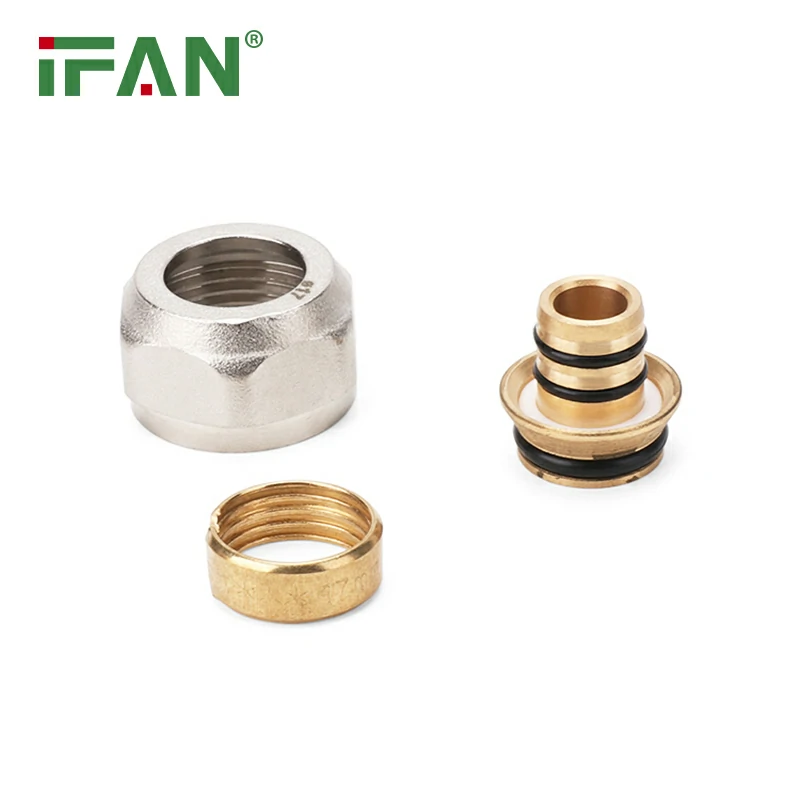Introduction:
Piping systems play a crucial role in any commercial, industrial or residential construction. They are designed to safely transport fluids or gases from one location to another, often over long distances. An essential component of these piping systems are the various fittings, including elbows and tees, which control the directional flow of the piping. In this article, we will dive into the role of PPH elbows and tees in directional flow control in piping systems.
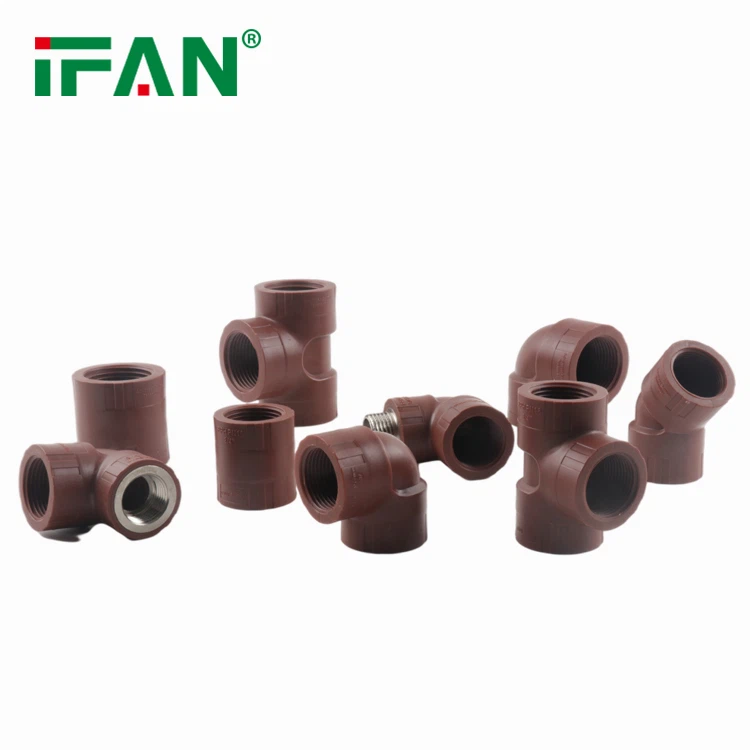
What Are PPH Elbows And Tees?
PPH, or polypropylene homopolymer, is a thermoplastic polymer that is commonly used in the manufacturing of piping materials. PPH elbows and tees are fittings that are used to connect two or more pipes together at different angles. Elbows are used to change the direction of the piping, while tees are used to branch off a single pipe in different directions.
The Role Of PPH Elbows And Tees In Directional Flow Control:
PPH elbows and tees are crucial components of directional flow control in piping systems. They play a significant role in determining the route that fluids or gases will take, allowing for efficient and safe transport. Here, we will explore the various ways in which elbows and tees affect the directional flow of piping.
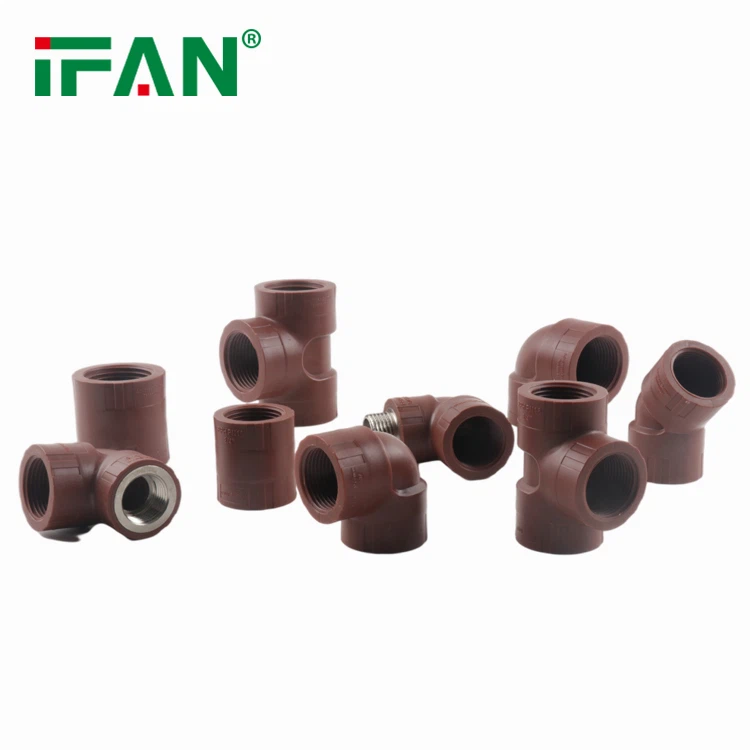
1. Making Right Angles:
Elbows are designed to create a 90-degree angle in the direction of the piping. This angle allows for a change in direction of the fluid or gas being transported. For example, if a piping system needs to transport fluid around a corner, an elbow fitting can be used to create the right-angle bend required to change directions.
2. Creating Custom Angles:
PPH elbows can also be used to customize the angle at which the piping bends. By using specific elbows, the angle of the piping can be adjusted to match specific requirements of the system. This is particularly important in complex piping systems that cannot be accommodated by a standard 90-degree bend.
3. Branching Pipelines:
Tees are used to branch off a single pipeline in different directions. This allows for multiple pipelines to be connected to a single pipeline, creating a more complex piping system. Tees can also be used alongside elbows to create angled branches for increased flexibility in the system.
4. Diverting Flow:
Teed pipes can be used to divert the flow of fluid or gas that is transported through the pipeline. The angle of the tee can be customized to direct the flow in a specific direction or to split the flow and direct it into two separate pipelines. This is particularly important when different fluids or gases need to be transported to different locations in a piping system.
5. Reducing Pressure Drops:
In some piping systems, pressure drops can occur due to changes in direction, friction and other factors. PPH elbows and tees can be designed to reduce these pressure drops, ensuring that the fluid or gas being transported is delivered as efficiently as possible.
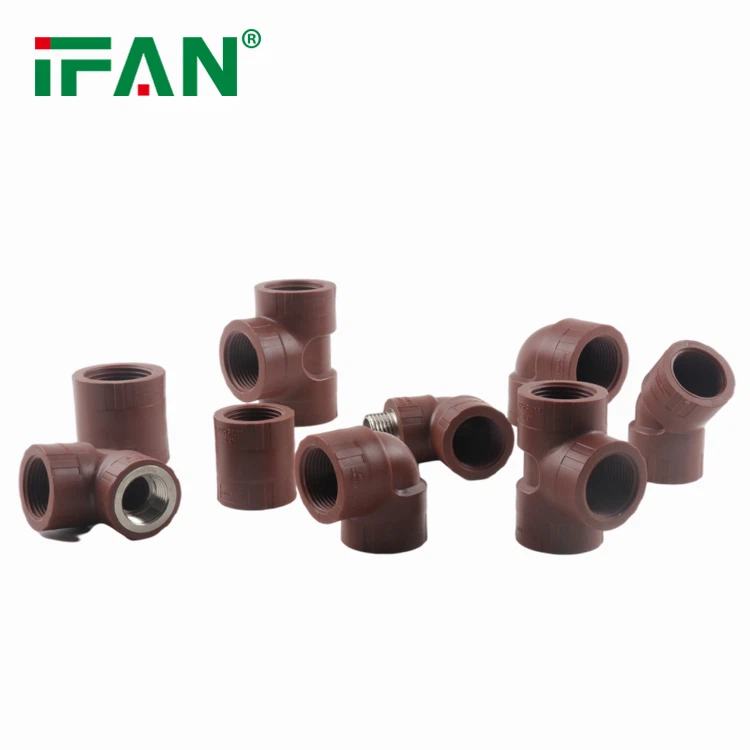
Conclusion:
PPH elbows and tees play vital roles in directional flow control in piping systems. They allow for flexibility in designing and creating complex piping systems, ensuring efficient and safe transport of fluids and gases. From creating right angles to reducing pressure drops, they offer a variety of benefits that are essential to almost any commercial, industrial or residential construction.

